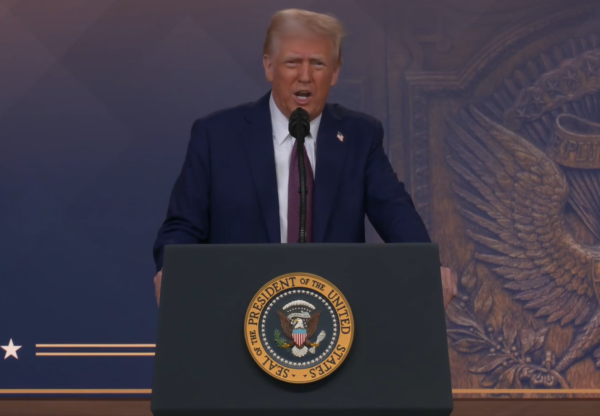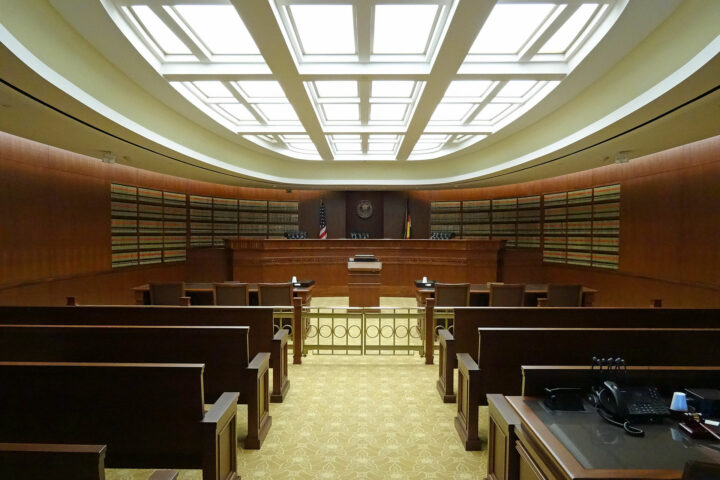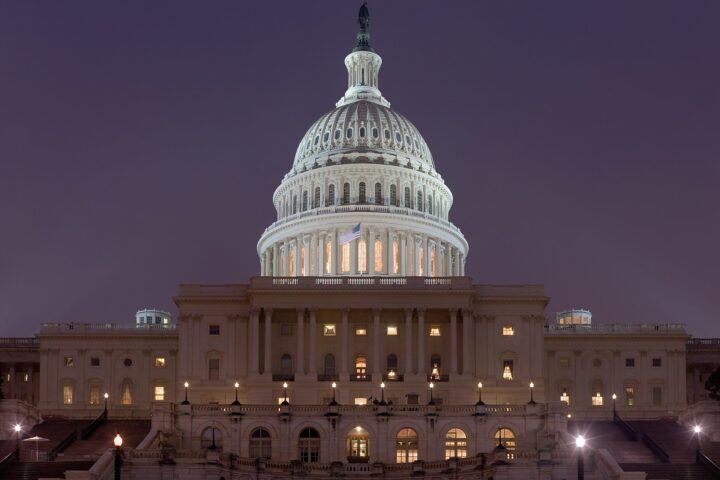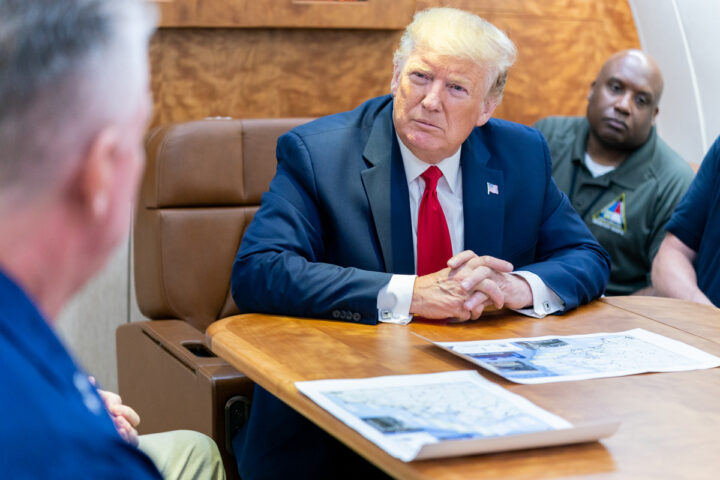The Trump administration announced Monday that it will deliver partial relief to recipients of food stamps as the federal government shutdown entered its 34th day, pledging to release 50 percent of normal Supplemental Nutrition Assistance Program (SNAP) benefits after a federal court ruling ordered the move.
The U.S. Department of Agriculture (USDA) confirmed it will draw from contingency funds to keep limited benefits flowing, marking an effort to sustain aid to more than 40 million Americans amid a budget impasse that has frozen numerous federal programs. The decision followed an order by U.S. District Judge John McConnell of Rhode Island, who ruled that the administration could not deny SNAP funds during the shutdown.
President Donald J. Trump, responding to the ruling on his Truth Social platform, said he welcomed the court’s guidance. “If we are given the appropriate legal direction by the Court, it will BE MY HONOR to provide the funding,” he wrote.
The administration had previously argued that the contingency fund could only be used in limited circumstances, such as during natural disasters, and not as a stopgap to cover appropriations gaps caused by congressional gridlock.
Judge McConnell dismissed that argument as “arbitrary” and ordered the USDA to begin releasing funds by midday Monday.
Treasury Secretary Scott Bessent indicated that payments could begin reaching states as early as Wednesday but cautioned that “some states may face delays in distributing benefits” due to administrative backlogs and data recalculations required under the new order.
The move, though welcomed by many state officials and advocacy groups, has already drawn legal scrutiny.
Some in the Justice Department have questioned whether the ruling improperly compels the executive branch to act outside the bounds of both statute and appropriations authority.
Complicating matters further, SNAP’s legal framework itself remains in limbo. The program’s authorization expired in 2023 and has been temporarily extended through a series of continuing resolutions (CRs). When Senate Democrats blocked the most recent CR on October 1, they also effectively halted the reauthorization of SNAP, leaving the program without full legal standing.
The administration’s decision to partially fund SNAP reflects both an acknowledgment of public need and a continued commitment to fiscal discipline during what has become one of the longest shutdowns in U.S. history. Officials within the USDA maintain that the government must operate within its legal boundaries, even as courts pressure it to act.
For the White House, the episode underscores a broader struggle between the executive branch’s obligation to follow budgetary law and the judiciary’s increasingly assertive role in setting social policy through the courts. The administration’s partial release of funds, though temporary, marks an effort to balance compassion with constitutional restraint—a position consistent with President Trump’s long-held view that government must serve the people without disregarding the rule of law.
[READ MORE: Trump Signals Tough Stance on Maduro, Citing Ongoing Counter-Drug Efforts]








